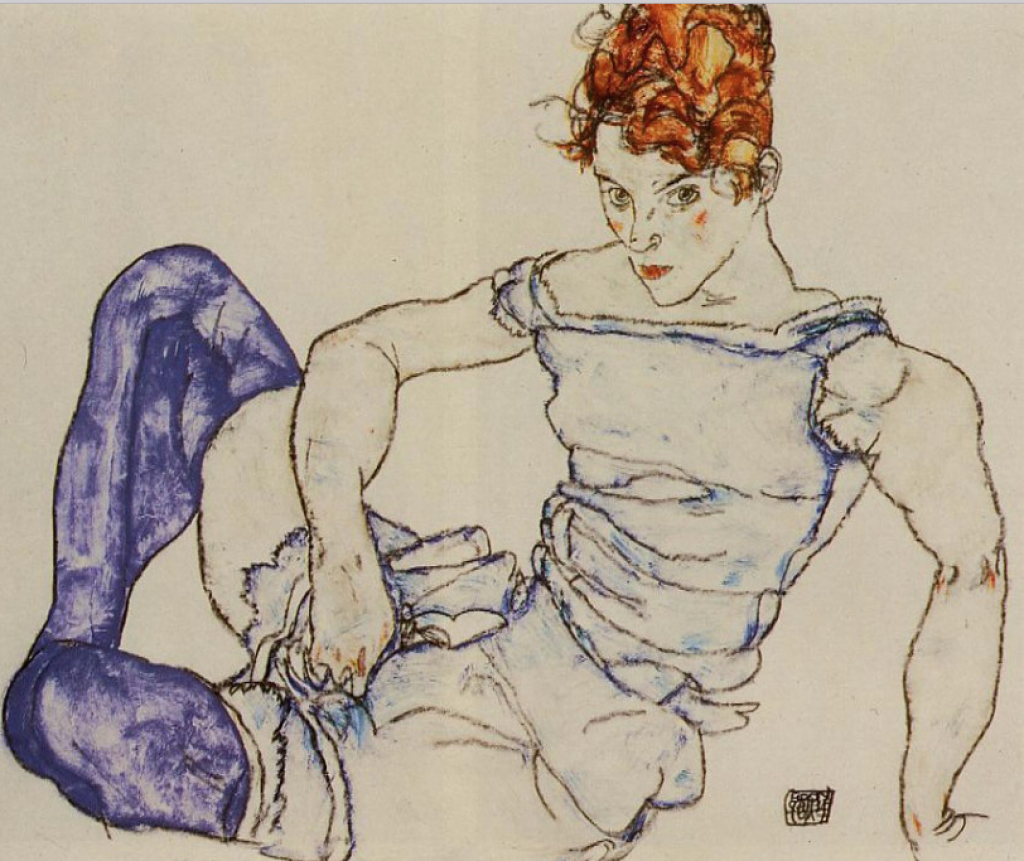Banana Pancakes and Change
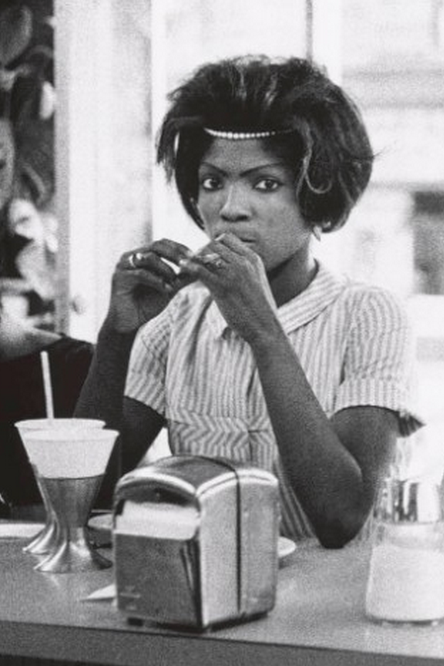 One of the advantages of not being young anymore is knowing that change is not only inevitable but okay. Good times are followed by bad times, which are followed by good times again–especially once you grow out of clinging to leaky rafts. Being a change-hating Crapicorn, I’m still trying to grow out of that tendency. I’m not doing a great job, but I’m trying.
One of the advantages of not being young anymore is knowing that change is not only inevitable but okay. Good times are followed by bad times, which are followed by good times again–especially once you grow out of clinging to leaky rafts. Being a change-hating Crapicorn, I’m still trying to grow out of that tendency. I’m not doing a great job, but I’m trying.
I keep flashing on a breakfast scene of about a decade ago. I was dating a guy from my hometown even though I’d been living in Brooklyn for more than 10 years. He was a big-nosed, big-shouldered, big-dicked musician who’d already fled New York for a sleepy, working-class neighborhood of Boston not far from where we’d grown up. He looked appealingly like a Founding Father and was remarkably steady in bed; he seemed comfortable with his choice to trade creative for cozy. I figured I could try doing the same. Sexy male mommies being my Achilles’ heel, I clamored for his maternal embrace.
Really, he was smart but stuck—-yet another guy held hostage by his fury at his mother.
I was at loose ends, as I am now. I’d just broken up with a woman who was such a liar that I’d come to hate her mouth though I craved what it could do for me, and I thought maybe I could climb into this hometown honey, let’s call him Al, whenever I came back to Massachusetts. I was still trying to figuring out my relationship with my family of origin, so I came home pretty often. Continue Reading →
Daring Dames and Tough Guys: ’50s Noir
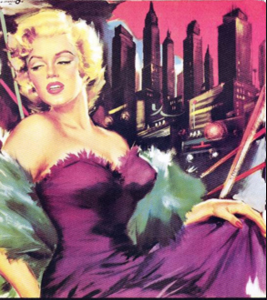 There may be no finer time to visit vintage film than winter, when it’s best to stay far from the madding crowds, frigid winds, and the dismal multiplex fare released early in the year. And nothing matches the bleak weather like the film noirs from the 1950s, when the United States was grappling with the long shadow of the Holocaust, the Cold War, and McCarthyism. Here are my top ten must-sees of the genre – most of which are adapted from equally shadowy novels and short stories. What would be on your list?
There may be no finer time to visit vintage film than winter, when it’s best to stay far from the madding crowds, frigid winds, and the dismal multiplex fare released early in the year. And nothing matches the bleak weather like the film noirs from the 1950s, when the United States was grappling with the long shadow of the Holocaust, the Cold War, and McCarthyism. Here are my top ten must-sees of the genre – most of which are adapted from equally shadowy novels and short stories. What would be on your list?
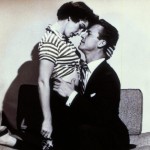 “Kiss Me Deadly” (1955)
“Kiss Me Deadly” (1955)
A hollow-eyed harbinger of the French New Wave, not to mention sunshine noir, this adaptation of Mickey Spillane’s whiskey-stained mystery drags Los Angeles detective Mike Hammer (Ralph Meeker) down a highway of twists and turns. Suffice it to say “Pulp Fiction” never would have happened without this film. Bonus: the debut of a young Cloris Leachman.
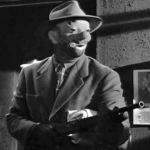 “The Killing” (1956)
“The Killing” (1956)
Directed by a Stanley Kubrick so young he hadn’t yet learned to cleverly disguise his misanthropy, this smart-mouthed race-track thriller adapted by Kubrick and author Jim Thompson from a Lionel White novel is so seamlessly well-constructed – all time switchbacks and Sterling Hayden snarling at the sun – that it takes a while to realize just how beautifully gloomy it truly is.
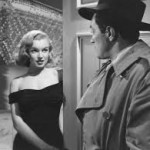 “The Asphalt Jungle” (1950)
“The Asphalt Jungle” (1950)
This adaptation of W. R. Burnett’s pulp novel may be John Huston’s greatest noir; certainly as a study in social and moral corruption it runs as deep as Fritz Lang’s films but offers a more finely honed irony. Sterling Hayden, that sneering prince of 1950s noir, shows up again, this time as a Midwestern hood embroiled in a million-dollar robbery. Bonus: Marilyn Monroe’s debut performance. Oh, Daddy! Continue Reading →

